Nature reports
Category: Beach and sea
Page 6 of 17 - 168 Results
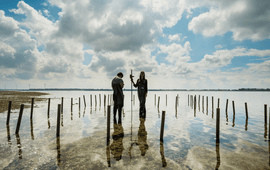
The restoration of mussel beds in the Wadden Sea or the Delta is a lot more successful when young mussels are helped a little with low, protective fences on the bottom. That is shown by research conducted by marine biologist..
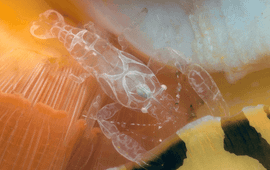
A recently published report found that the Dutch Caribbean hosts 46 species of Palaemonidae shrimp, 24 of which were recorded for the first time for one or more of the islands. These shrimp play a critical role in maintaining..
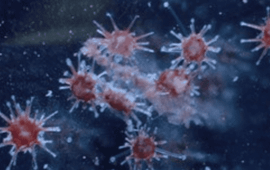
Caribbean coral reefs suffer from algae cover, which hinders new coral growth and survival. One of the causes is the absence of herbivorous Diadema sea urchins that graze on algae, but whose populations have plummeted. On January..
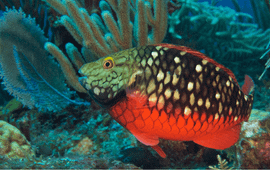
The Protocol for Specially Protected Areas and Wildlife (SPAW Protocol) stands as a crucial framework dedicated to safeguarding biodiversity within the Caribbean. Recent announcements within the SPAW Protocol have extended extra..
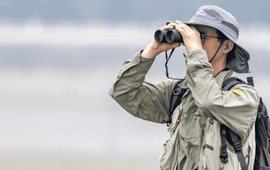
On the mudflats along the Chinese coasts where non-desctructive forms of aquaculture are practiced, shorebirds like knots and bar-tailed godwits are doing relatively well. “The culturing of shellfish is by no means a way of nature..
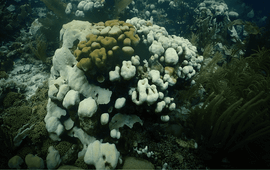
The Caribbean Research & Management of Biodiversity Foundation (Carmabi) has noted that there is another ‘coral bleaching event’ on the coral reefs of Curaçao this year. This phenomenon was noticed about 16 weeks ago and is..
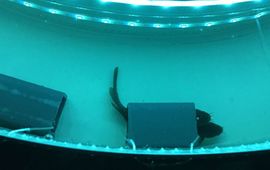
For cold-blooded species, temperature determines their activity and metabolism: if it is warm enough, they become active and if it gets too cold, they remain still. But apart from temperature, fish respond to more environmental..
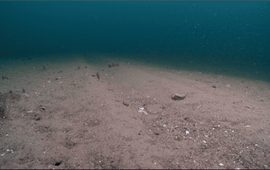
On Sunday November 26th the Dogger Bank expedition has sailed out from Lauwersoog, to scope opportunities for the biggest nature rewilding project in the North Sea ever. Inspite of its Marine Protected Area status, large parts are..
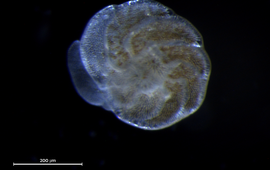
The fossil calciferous skeletons of single-celled foraminifers are a beautiful history book with information on CO2-levels in the oceans of the distant past. "But if you want to fully understand that history, you must first..
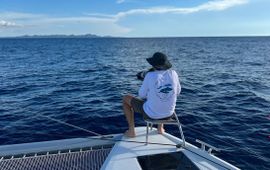
The Caribbean Cetacean Society (CCS) looks back with satisfaction at the first Ti Whale An Nou expedition on the ABC-islands. In the month of October CCS did scientific research on the diversity, distribution and movement patterns..
